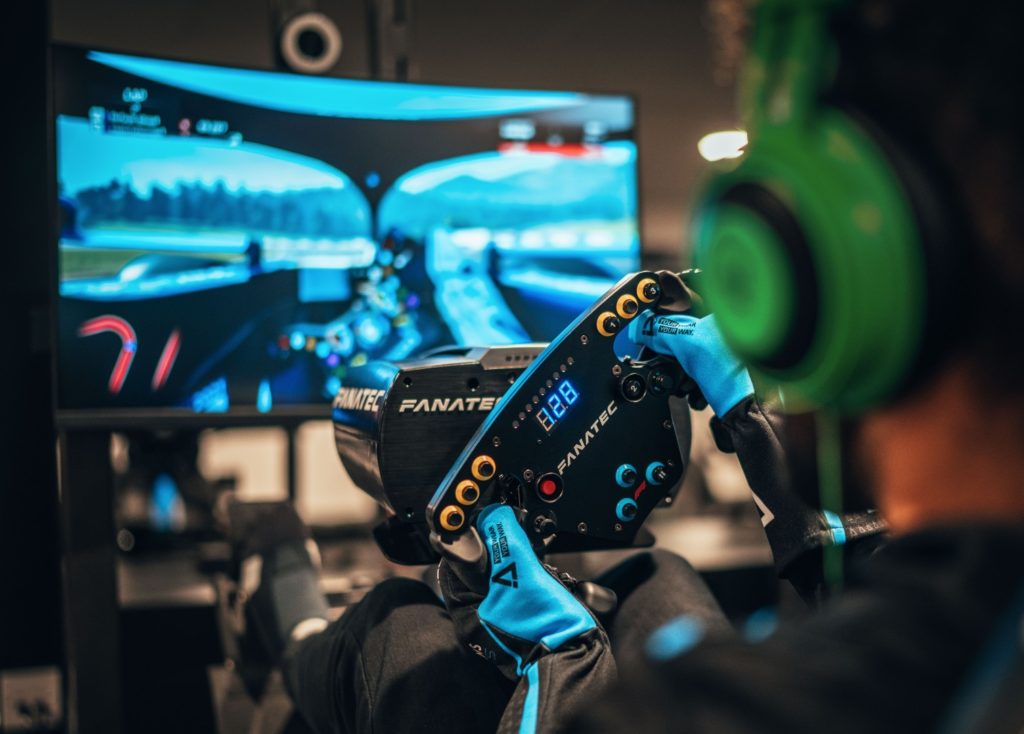F1 Esports: How accessibility enables drivers to continue to compete at the highest level

When it comes to simulation gaming, the best and most lifelike you have on offer is the world of sim racing.
F1 2021 is made by Codemasters and can currently be bought for the small price of £3.99 a month on EA’s subscription service, EA Play.
This low price of gaming has caused a shift in recent years from those who wish to pursue a real racing career, where it can cost upwards of £7.5million if you want to make it to the top, to take on the virtual world of F1 Esports and streaming.
F1 Esports as an alternative avenue to Formula One
The most well-known case is that of Jarno Opmeer, the current F1 Esports World Champion. In 2016, Opmeer competed in the SMP F4 Championship, taking seven victories leading to a 2nd place finish before he joined the Renault Sport Academy in early 2017.
At the end of 2017 however, like many prospective drivers, Opmeer’s contract had not been extended and no sponsors had come forward to support him.
Yet Opmeer still had a desire to play and instead signed to Renault-Vitality Esports team, where he has gone on to not only win back-to-back F1 Esports World Championships but also run a successful YouTube channel with 280k subscribers.
It must also be noted that it has worked the other way as well. Cem Bölükbaşı, a Turkish racing driver began his professional career as an esports driver, racing for McLaren and Toro Rosso, before winning the Formula Renault Esport Series in 2020. He now drives for Charouz Racing System in Formula 2, just one step away from the lofty heights of F1.
Barriers to entry? What barriers to entry?
The barriers to entry in F1 Esports are non-existent in comparison to real-life F1. This means that if you have the pace, there are opportunities for you in the game, and if you want to get an advanced sim racing set up (what many of the esports pros drive with), you are still only looking at paying around £2000.
Although this may still price out some, the fact you can still compete on a controller means if you work hard and train, you can still get to the top.
We’ve seen this with Louis Welch, a three-time PSGL F1 Champion who regularly races alongside the best esports racers in the world who use simulation setups.
A clever tool for F1 teams
Ultimately, esports continues to offer an avenue for those who are passionate about Formula 1 and want to compete in one of the most intense sports in the world, while getting more young people interested in it as well.
While TV programmes such as Netflix’s Drive to Survive and Sky’s Duel have enhanced engagement with real life F1, the sport itself has also done an incredible job at increasing viewership in esports, with celebrity races and many teams having their real-life racers take part in esports challenges.
It is a wise idea in the current market for sports teams to continue to look at esports as a way of getting new fans interested in the main sport, while also knowing that by investing in their esports teams, they are becoming major players in one of the fastest growing industries in the world.